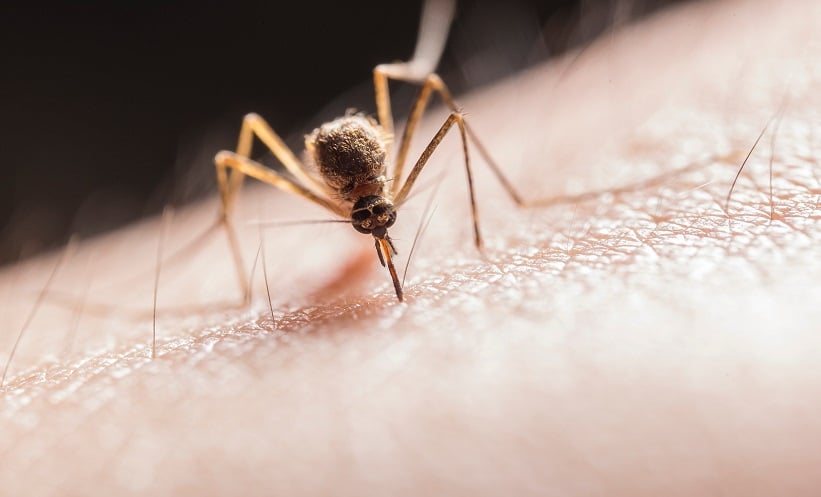DETRIMENTAL effects of maternal dengue infections on birth outcomes have been investigated in research conducted by a team at the Universities of Surrey and Birmingham, UK. Dengue fever, the most prevalent mosquito-borne viral disease globally, is associated with tens of millions of cases annually. Despite this, there has been a lack of causal evidence regarding its effect on birth outcomes. A research team therefore investigated the negative impacts of mild and moderate dengue infection on birth weight.
The study utilised administrative data from Minas Gerais, a state in southeastern Brazil. The negative impact on birth outcomes was particularly prominent among infants at the lower end of the birth weight scale, with incidences of low, very low, and extremely low birth weight increasing by 15%, 67%, and 133%, respectively. The research also reported long-term consequences, including significant increases in the number of hospitalisations of children for up to 3 years after birth, highlighting the lasting impact of the mosquito-borne disease.
With the finding that even mild dengue infections during pregnancy can impact the health of newborns, Martin Foureaux Koppensteiner, University of Surrey, would “strongly encourage [clinicians] to consider dengue fever along with TORCH infections to manage and avoid when pregnant.”
This would ensure that females who are pregnant are aware of the risks involved with infection, enabling them to take precautions, such as using insect repellent. Koppensteiner concluded: “This study not only deepens our understanding of the consequences of dengue infections during pregnancy, but also serves as a call to action for policymakers, healthcare professionals, and global communities to prioritise preventive measures, and support affected families.”








